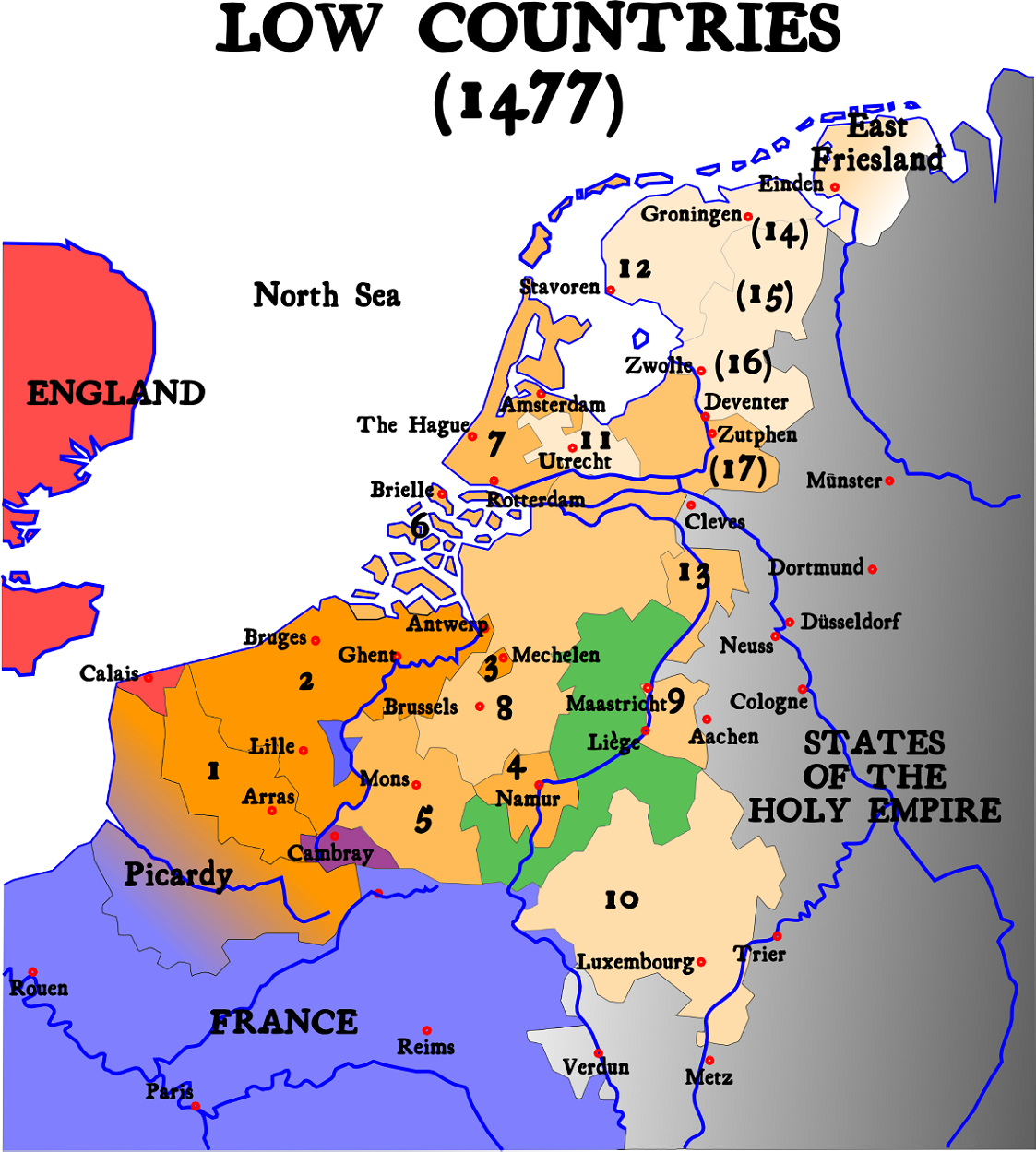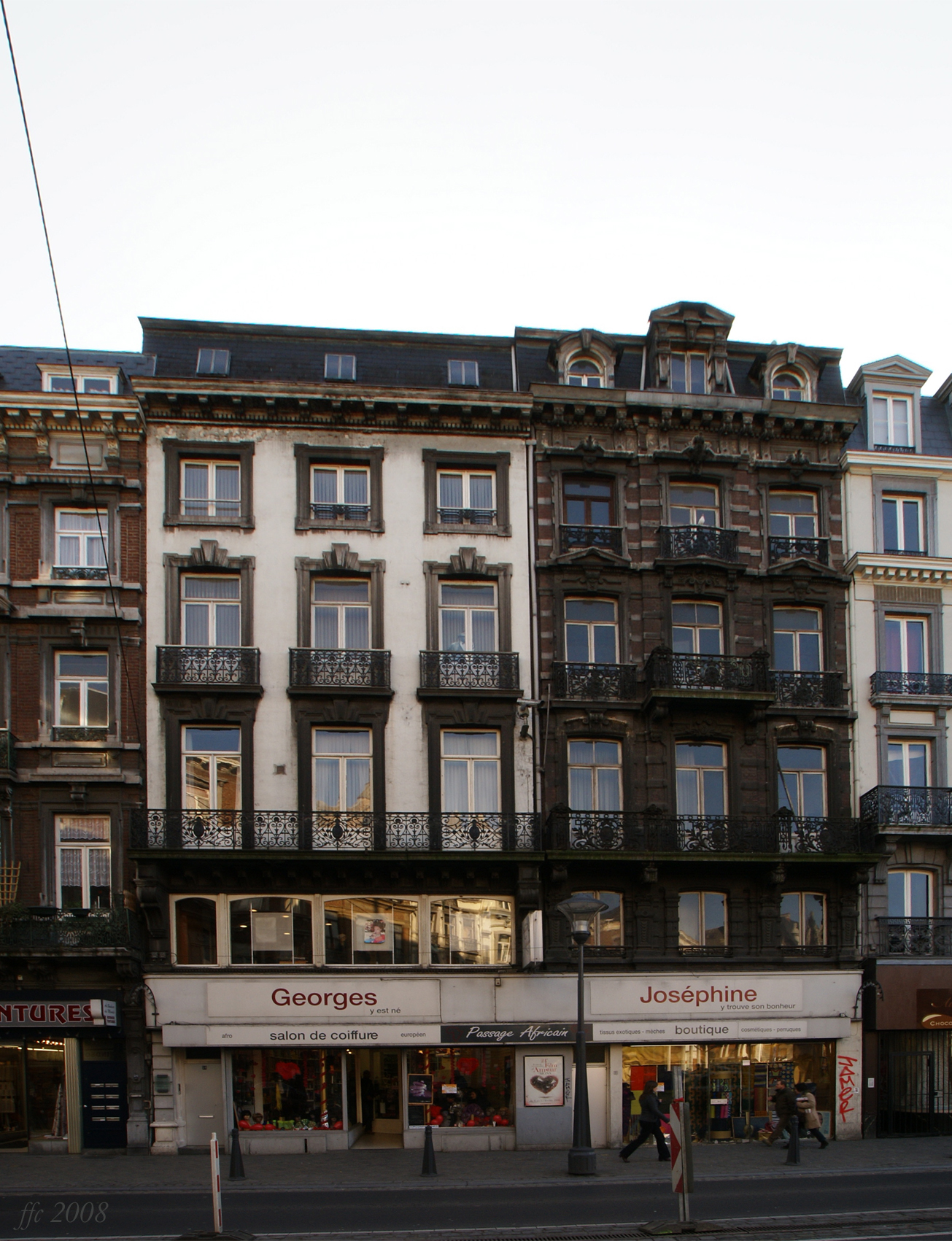|
Gabriel Brühl
Gabriel Brühl (died 1743) was a well-known robber in the then Duchy of Limburg, whose criminal career started in the 1720s and ended with his being hanged in 1743.Anton Blok, De Bokkenrijders, roversbenden en geheime genootschappen in de Landen van Overmaas (1730-1774). (Prometheus, Amsterdam. 1991) Brühl was a remote ancestor of the Belgian detective writer Georges Simenon Georges Joseph Christian Simenon (; 13 February 1903 – 4 September 1989) was a Belgian writer. He published nearly 500 novels and numerous short works, and was the creator of the fictional detective Jules Maigret. Early life and education ..., who used "Brühl" as one of his many pen names. References Year of birth unknown 1691 births 1743 deaths 18th-century criminals 18th-century Dutch criminals Belgian people convicted of robbery People executed by the Netherlands by hanging People from Landgraaf People of the Austrian Netherlands {{criminal-stub ... [...More Info...] [...Related Items...] OR: [Wikipedia] [Google] [Baidu] |
Landgraaf in Europe, called Snow World.Landgraaf (; li, Lankgraaf ) is a municipality in southeastern Limburg, Netherlands, forming part of the Parkstad Limburg agglomeration. ''Snow World'' is the largest indoor ski piste in Europe. Population centres *Nieuwenhagen *Schaesberg *Ubach over Worms Topography ''Dutch topographic map of the municipality of Landgraaf, June 2015'' Special information A pop music festival called Pinkpop is held annually on the Pentecost weekend in Schaesberg, a town in Landgraaf. Landgraaf is home to the largest indoor ski piste A ''piste'' () is a marked ski run or path down a mountain for snow skiing, snowboarding, or other mountain sports. This European term is French /ref>
|
Habsburg Netherlands
Habsburg Netherlands was the Renaissance period fiefs in the Low Countries held by the Holy Roman Empire's House of Habsburg. The rule began in 1482, when the last House of Valois-Burgundy, Valois-Burgundy ruler of the Netherlands, Mary of Burgundy, Mary, wife of Maximilian I of Austria, died. Their grandson, Emperor Charles V, was born in the Habsburg Netherlands and made Brussels one of his capitals. Becoming known as the Seventeen Provinces in 1549, they were held by the Spanish branch of the Habsburgs from 1556, known as the Spanish Netherlands from that time on. In 1581, in the midst of the Dutch Revolt, the Seven United Provinces seceded from the rest of this territory to form the Dutch Republic. The remaining Spanish Southern Netherlands became the Austrian Netherlands in 1714, after Austrian acquisition under the Treaty of Rastatt. De facto Habsburg rule ended with the annexation by the revolutionary French First Republic in 1795. Austria, however, did not relinquish its ... [...More Info...] [...Related Items...] OR: [Wikipedia] [Google] [Baidu] |
Ubach Over Worms
Ubach over Worms () is a former Municipalities of the Netherlands, municipality located in the southeast of the Netherlands, in the Provinces of the Netherlands, province of Limburg (Netherlands), Limburg. In 1982 it was incorporated into the new municipality of Landgraaf along with Schaesberg and Nieuwenhagen. The German name for this part of Landgraaf is "Waubach". It is believed the latter name derives from ''Waldbach'', which is German language, German for "woodland creek", referring to the local Wurm, Worm stream. This name is said to have later become corrupted to Waubach. Ubach over Worms as a municipality dates back to 1795. It contained the five hamlets; Groenstraat, Rimburg, Waubach, Lauradorp and Abdissenbosch. After the French occupation the Kingdom of the Netherlands was formed and the Overworms area was separated from the German town Übach. They then chose the name Ubach over Worms, which means Ubach over Worms River, as seen from the German Übach-Palenberg, Übach. ... [...More Info...] [...Related Items...] OR: [Wikipedia] [Google] [Baidu] |
Robbery
Robbery is the crime of taking or attempting to take anything of value by force, threat of force, or by use of fear. According to common law, robbery is defined as taking the property of another, with the intent to permanently deprive the person of that property, by means of force or fear; that is, it is a larceny or theft accomplished by an assault. Precise definitions of the offence may vary between jurisdictions. Robbery is differentiated from other forms of theft (such as burglary, shoplifting, pickpocketing, or car theft) by its inherently violent nature (a violent crime); whereas many lesser forms of theft are punished as misdemeanors, robbery is always a felony in jurisdictions that distinguish between the two. Under English law, most forms of theft are triable either way, whereas robbery is triable only on indictment. The word "rob" came via French from Late Latin words (e.g., ''deraubare'') of Germanic origin, from Common Germanic ''raub'' "theft". Among the types ... [...More Info...] [...Related Items...] OR: [Wikipedia] [Google] [Baidu] |
Duchy Of Limburg
The Duchy of Limburg or Limbourg was an imperial estate of the Holy Roman Empire. Much of the area of the duchy is today located within Liège Province of Belgium, with a small portion in the municipality of Voeren, an Enclave and exclave, exclave of the neighbouring Limburg (Belgium), Limburg Province. Its chief town was Limbourg, Limbourg-sur-Vesdre, in today's Liège Province. The Duchy evolved from a county which was first assembled under the lordship of a junior member of the House of Ardenne–Luxembourg, Frederick, Duke of Lower Lorraine, Frederick. He and his successors built and apparently named the fortified town which the county, and later the Duchy, were named after. Despite being a younger son, Frederick had a successful career and also became Duke of Lower Lorraine, Lower Lotharingia in 1046. Lordship of this county was not originally automatically linked with possession of a ducal title (''Herzog'' in German, ''Hertog'' in Dutch), and the same title also eventually ... [...More Info...] [...Related Items...] OR: [Wikipedia] [Google] [Baidu] |
Georges Simenon
Georges Joseph Christian Simenon (; 13 February 1903 – 4 September 1989) was a Belgian writer. He published nearly 500 novels and numerous short works, and was the creator of the fictional detective Jules Maigret. Early life and education Simenon was born at 26 (now number 24) to Désiré Simenon and his wife Henriette Brüll. Désiré Simenon worked in an accounting office at an insurance company and had married Henriette in April 1902. Although Simenon was born on Friday 13 February 1903, superstition resulted in his birth being registered as having been on the 12th. This story of his birth is recounted at the beginning of his novel '' Pedigree''. The Simenon family traces its origins back to Belgian Limburg. Simenon could trace his line back to peasants living in the area since as early as 1580. His mother had origins from Limburg, the Netherlands and Germany while his father was of Walloon origin.Becker, Lucille Frackman. "Georges Simenon (1903-1989)." In: Amoia, Al ... [...More Info...] [...Related Items...] OR: [Wikipedia] [Google] [Baidu] |
Year Of Birth Unknown
A year or annus is the orbital period of a planetary body, for example, the Earth, moving in its orbit around the Sun. Due to the Earth's axial tilt, the course of a year sees the passing of the seasons, marked by change in weather, the hours of daylight, and, consequently, vegetation and soil fertility. In temperate and subpolar regions around the planet, four seasons are generally recognized: spring, summer, autumn and winter. In tropical and subtropical regions, several geographical sectors do not present defined seasons; but in the seasonal tropics, the annual wet and dry seasons are recognized and tracked. A calendar year is an approximation of the number of days of the Earth's orbital period, as counted in a given calendar. The Gregorian calendar, or modern calendar, presents its calendar year to be either a common year of 365 days or a leap year of 366 days, as do the Julian calendars. For the Gregorian calendar, the average length of the calendar year ( ... [...More Info...] [...Related Items...] OR: [Wikipedia] [Google] [Baidu] |
1691 Births
Events January–March * January 6 – King William III of England, who rules Scotland and Ireland as well as being the Stadtholder of the Dutch Republic, departs from Margate to tend to the affairs of the Netherlands. * January 14 – A fleet of ships carrying 827 Spanish Navy sailors and marines arrives at Manzanillo Bay on the island of Hispaniola in what is now the Dominican Republic and joins 700 Spanish cavalry, then proceeds westward to invade the French side of the island in what is now Haiti. * January 15 – King Louis XIV of France issues an order specifically prohibiting play of games of chance, specifically naming basset and similar games, on penalty of 1,000 livres for the first offence. * January 23 – Spanish colonial administrator Domingo Terán de los Ríos, most recently the governor of Sonora y Sinaloa on the east side of the Gulf of California, is assigned by the Viceroy of New Spain to administer a new province that governs lands on both sides of the ... [...More Info...] [...Related Items...] OR: [Wikipedia] [Google] [Baidu] |
1743 Deaths
Events January–March * January 1 – The Verendrye brothers, probably Louis-Joseph and François de La Vérendrye, become the first white people to see the Rocky Mountains from the eastern side (the Spanish conquistadors had seen the Rockies from the west side). * January 8 – King Augustus III of Poland, acting in his capacity as Elector of Saxony, signs an agreement with Austria, pledging help in war in return for part of Silesia to be conveyed to Saxony. * January 12 ** The Verendryes, and two members of the Mandan Indian tribe, reach the foot of the mountains, near the site of what is now Helena, Montana. ** An earthquake strikes the Philippines * January 16 –Cardinal André-Hercule de Fleury turns his effects over to King Louis XV of France, 13 days before his death on January 29. * January 23 –With mediation by France, Sweden and Russia begin peace negotiations at Åbo to end the Russo-Swedish War. By August 17, Sweden cedes all ... [...More Info...] [...Related Items...] OR: [Wikipedia] [Google] [Baidu] |
18th-century Criminals
The 18th century lasted from January 1, 1701 ( MDCCI) to December 31, 1800 ( MDCCC). During the 18th century, elements of Enlightenment thinking culminated in the American, French, and Haitian Revolutions. During the century, slave trading and human trafficking expanded across the shores of the Atlantic, while declining in Russia, China, and Korea. Revolutions began to challenge the legitimacy of monarchical and aristocratic power structures, including the structures and beliefs that supported slavery. The Industrial Revolution began during mid-century, leading to radical changes in human society and the environment. Western historians have occasionally defined the 18th century otherwise for the purposes of their work. For example, the "short" 18th century may be defined as 1715–1789, denoting the period of time between the death of Louis XIV of France and the start of the French Revolution, with an emphasis on directly interconnected events. To historians who expand the ... [...More Info...] [...Related Items...] OR: [Wikipedia] [Google] [Baidu] |
18th-century Dutch Criminals
The 18th century lasted from January 1, 1701 ( MDCCI) to December 31, 1800 ( MDCCC). During the 18th century, elements of Enlightenment thinking culminated in the American, French, and Haitian Revolutions. During the century, slave trading and human trafficking expanded across the shores of the Atlantic, while declining in Russia, China, and Korea. Revolutions began to challenge the legitimacy of monarchical and aristocratic power structures, including the structures and beliefs that supported slavery. The Industrial Revolution began during mid-century, leading to radical changes in human society and the environment. Western historians have occasionally defined the 18th century otherwise for the purposes of their work. For example, the "short" 18th century may be defined as 1715–1789, denoting the period of time between the death of Louis XIV of France and the start of the French Revolution, with an emphasis on directly interconnected events. To historians who expand ... [...More Info...] [...Related Items...] OR: [Wikipedia] [Google] [Baidu] |







